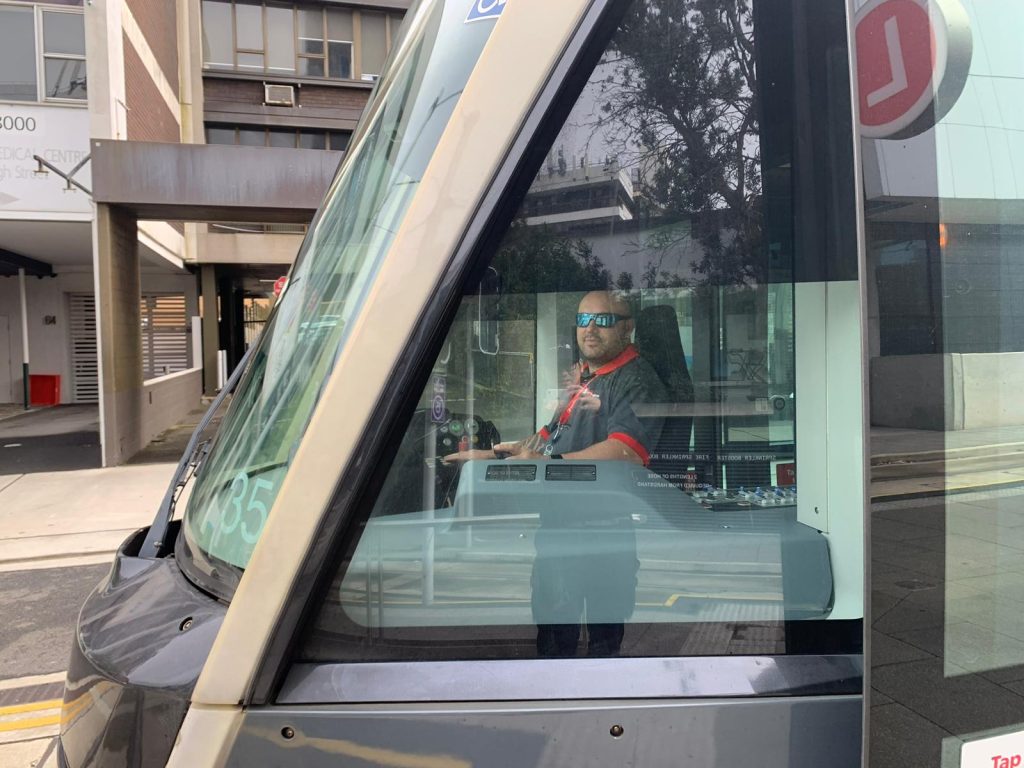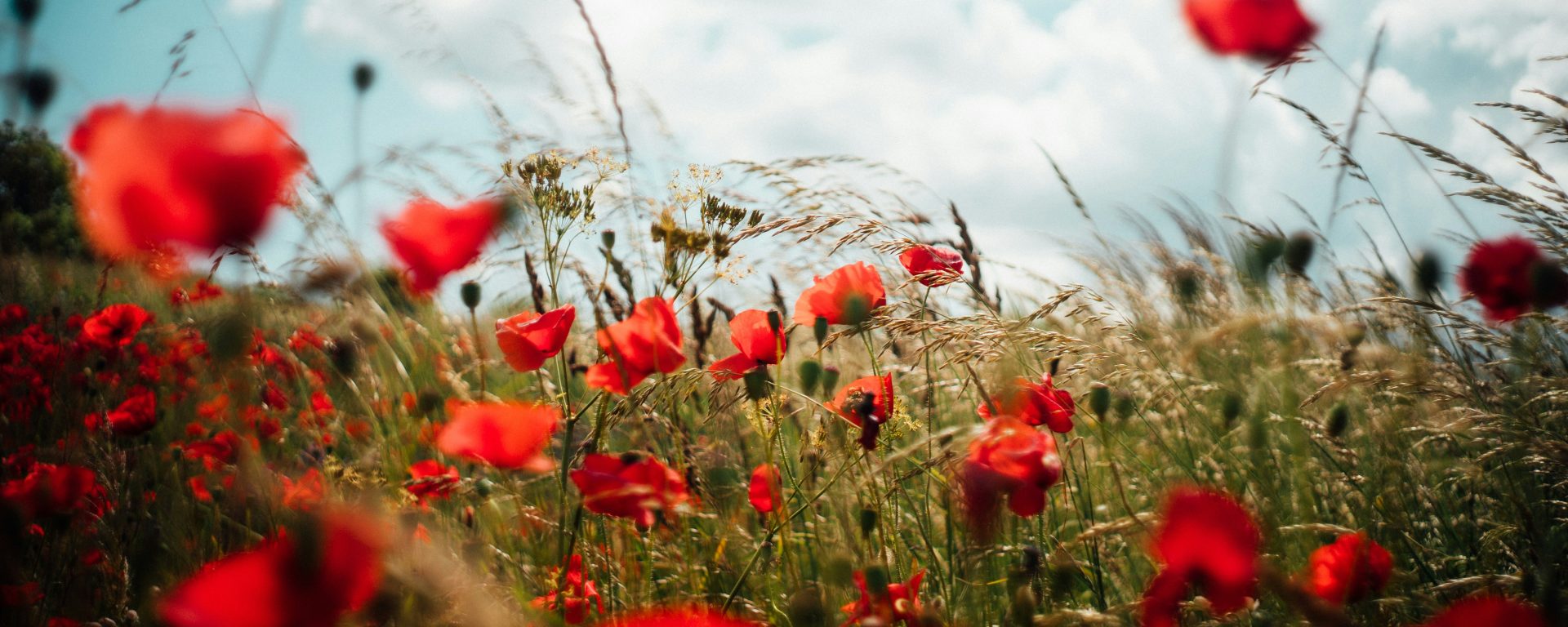
To acknowledge this day, we’re proud to share the story of Sydney Light Rail Operations Team Leader and New Zealand Defence Force (NZDF) veteran, Damien Pratt.
What motivated you to join the military and what branch did you serve in?
I was always interested in the military because I knew it would allow me to do some things that other occupations wouldn’t. This, alongside the physical aspect, was very appealing to me. I served in the 2/1st Royal Infantry Battalion within the Army.
What lessons did you learn during your service?
I joined the military as quite a shy person, which was quickly drilled out of me. It taught me discipline, self-control, teamwork, improvisation, how important preparation is and that to excel at something, you need to be doing it day in, day out, at a very high level.
What did a typical day look like when you were serving?
I’d arrive at my platoon building for up to two hours of physical training, which would be followed by a range of different activities. This training might be for weapons, navigation, urban/close country and open assault, helicopters, working on our kits or whatever else they might have planned for us that day. On rare occasions, we were lucky enough to be sent home after physical training.
Life in the field was something different entirely. This might involve waking 30 minutes before sunrise, laying on cold ground to await an enemy attack. Once stood down, we’d need to pack up our position as though we were never there and move onto another, conducting different exercises during the day and night. This would include overnight, where for periods of a time we’d be responsible for ‘sentry’, which is about watching out for the enemy.
What values from your military experience have you carried over to your civilian career?
The four values of the NZDF are courage, commitment, comradeship and integrity, which I’ve definitely brought into my civilian career.
How did teamwork and camaraderie in the military impact your perspective on working with others?
When you live with people around the clock, you share your life with them. You build a strong bond with people who you work, play, bleed, cry and live through challenging times with. You really rely on one another. This teaches the real meaning of teamwork and a very positive perspective on working with others.
What’s the best way for companies to respect and honour those who’ve served?
It’s incredibly important to remember and honour those who’ve served, particularly those who’ve lost their life doing so. AS a company, I think just acknowledging this makes all the difference. It helps veterans, their families and friends feel as though they haven’t served for nothing.
Is there a specific memory that is brought to mind for you on Remembrance Day? Would you like to share it?
I often think about the five soldiers I knew who were killed in action, as well as friends I’ve had who have lost their battle with their mental health. I think about these people a lot and have a tattoo dedicated to them, even when it’s not Remembrance Day, but today moreso.
What advice would you give to someone currently serving who is planning to transition into the civilian workforce?
The skills, service and sacrifice the military has taught you is your key to successfully transitioning to the private sector.
How can companies such as ours better support veterans in this process?
Veterans transitioning need mentors and teammates to help them navigagte this journey. It can be overwhelming and frightening it all you know is the structured, regimented life of the military.
What would you like others to know about the sacrifices made by those who serve?
People who serve make an untold number of sacrifices in their service. You’ll most likely never know nor see the pain that these sacrifices might cause, as they’ll hide it very well.
What symbols or traditions from your military experience hold special meaning on Remembrance Day?
The red poppy as it has special significance for New Zealanders and Australians as they were among the first to flower in the devastated battlefields of northern France and Belgium in the First World War. In soldiers’ folklore, the vivid red of the poppy came from the blood of their comrades soaking the ground.
You wear a red poppy on Remembrance Day for three reasons:
- in memory of the sacred dead who rest in Flanders’ Fields
- to keep alive the memories of the sacred cause for which they laid down their lives
- as a bond of esteem and affection between the soldiers of all Allied nations and in respect for France, our common battleground.
We’d like to thank Damien for kindly sharing his story with us, his service to his nation and his assistance in highlighting the significance of this day.
If you’re a veteran considering reentering the workforce, we’d love to hear from you. You can find roles on offer by visiting our recruitment portal.
If you’d like to learn more about Remembrance Day, you can do so via the Australian Defence Force website here.

